How Solar Panels Kits Can Reduce Your Energy Bills
In an era where energy costs are rising and environmental concerns are at the forefront, solar panel kits have emerged as a compelling solution for homeowners looking to reduce their energy bills. These kits offer an accessible and cost-effective way to harness the power of the sun and transform it into electricity, leading to significant savings on utility expenses. This article explores how solar panel kits can lower your energy bills, the benefits they provide, and tips for making the most out of your solar investment.
The Basics of Solar Panel Kits
What is a Solar Panel Kit? A solar panel kit typically includes everything needed to set up a solar power system for residential use. This includes solar panels, a mounting system, an inverter, and wiring. Some kits also come with additional components like batteries for energy storage, which further enhance the system’s efficiency and effectiveness.
How Solar Panels Work Solar panels convert sunlight into electricity through photovoltaic (PV) cells. When sunlight hits these cells, it creates an electric field that generates direct current (DC) electricity. An inverter then converts this DC electricity into alternating current (AC) electricity, which is used to power your home.
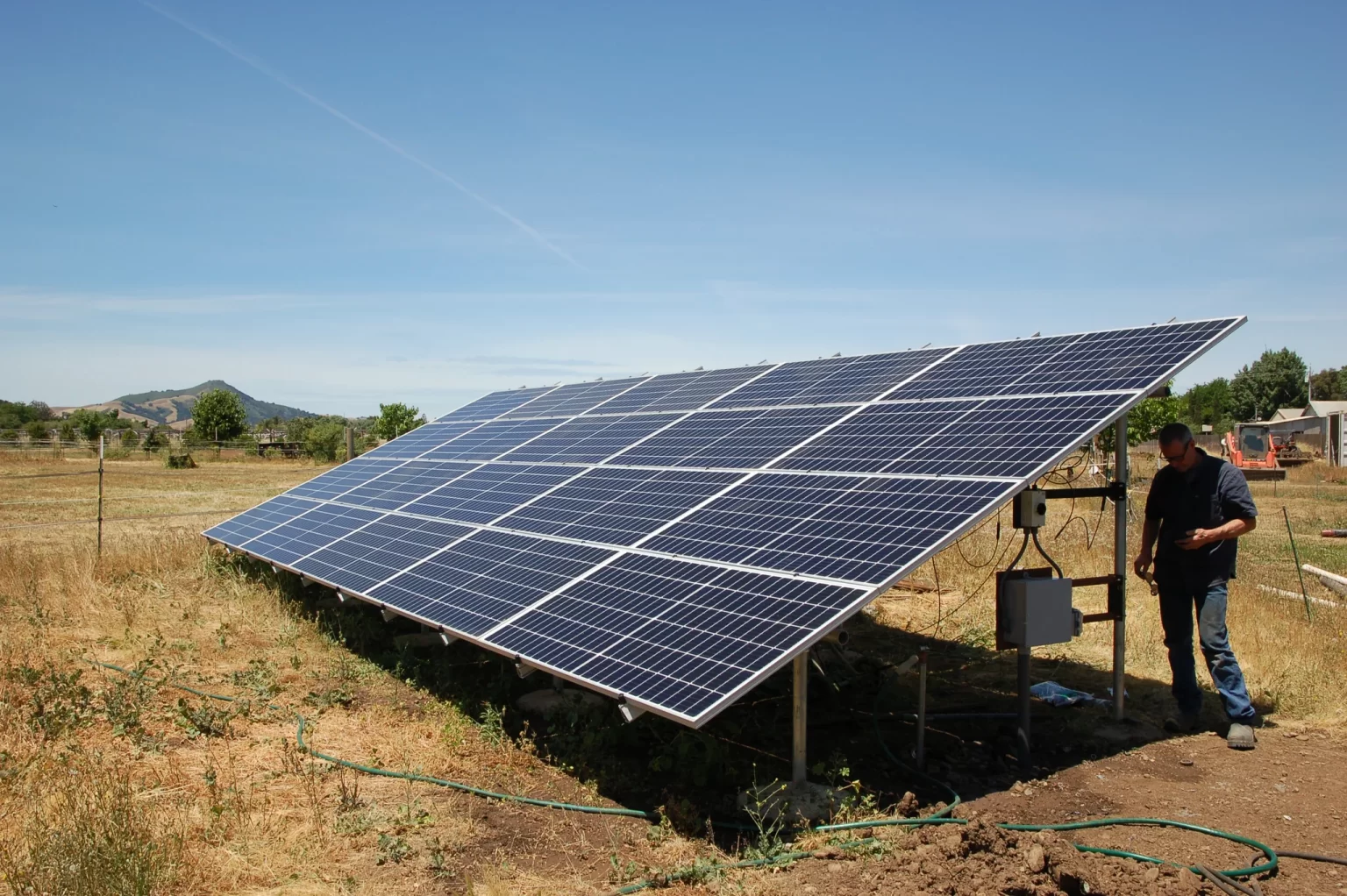
Benefits of Solar Panel Kits
1. Reduction in Energy Bills
The primary benefit of solar panel kits is the reduction in monthly energy bills. By generating your own electricity, you reduce your reliance on the grid and the amount of power you need to purchase from your utility provider. Depending on the size of your system and your energy consumption, this can lead to substantial savings.
2. Protection Against Rising Energy Costs
Energy prices are notoriously volatile, with rates often increasing over time. By investing in a solar panel kit, you can lock in your energy costs at a lower rate, shielding yourself from future price hikes. This financial stability is especially valuable in uncertain economic times.
3. Long-Term Savings
While the initial investment in solar panel kits may seem high, the long-term savings are significant. Solar panels have a lifespan of 25-30 years, during which they continue to generate free electricity. Over time, the savings on your energy bills can outweigh the upfront costs, providing a strong return on investment.
4. Increased Property Value
Homes equipped with solar panels often see an increase in property value. Prospective buyers are attracted to energy-efficient homes with lower utility costs. This means that investing in a solar panel kit not only saves you money but can also enhance the resale value of your property.
5. Environmental Benefits
Solar energy is a clean, renewable resource that reduces your carbon footprint. By switching to solar power, you decrease your reliance on fossil fuels and contribute to a reduction in greenhouse gas emissions. This environmental impact aligns with global efforts to combat climate change and promotes sustainability.
Factors to Consider When Choosing a Solar Panel Kit
1. System Size and Output
The size of your solar panel kit should be tailored to your energy needs. Consider your average energy consumption and choose a kit that can produce enough electricity to meet those needs. Larger systems will generate more power, but they also come with a higher price tag.
2. Quality of Components
Not all solar panel kits are created equal. It’s important to select high-quality components to ensure efficiency and longevity. Look for reputable brands and check the warranty coverage to protect your investment.
3. Installation Requirements
Some solar panel kits are designed for DIY installation, while others may require professional help. Assess your skill level and the complexity of the installation before purchasing a kit. If in doubt, consulting with a professional installer can ensure the system is set up correctly.
4. Battery Storage Options
If you want to maximize the benefits of your solar panel kit, consider including battery storage. Batteries allow you to store excess energy generated during the day for use at night or during periods of high demand. This can further reduce your reliance on the grid and increase your energy savings.
5. Local Regulations and Incentives
Research local regulations and incentives for solar energy installations. Many regions offer tax credits, rebates, or other incentives that can significantly reduce the cost of solar panel kits. Understanding these options can help you make a more informed decision and maximize your savings.
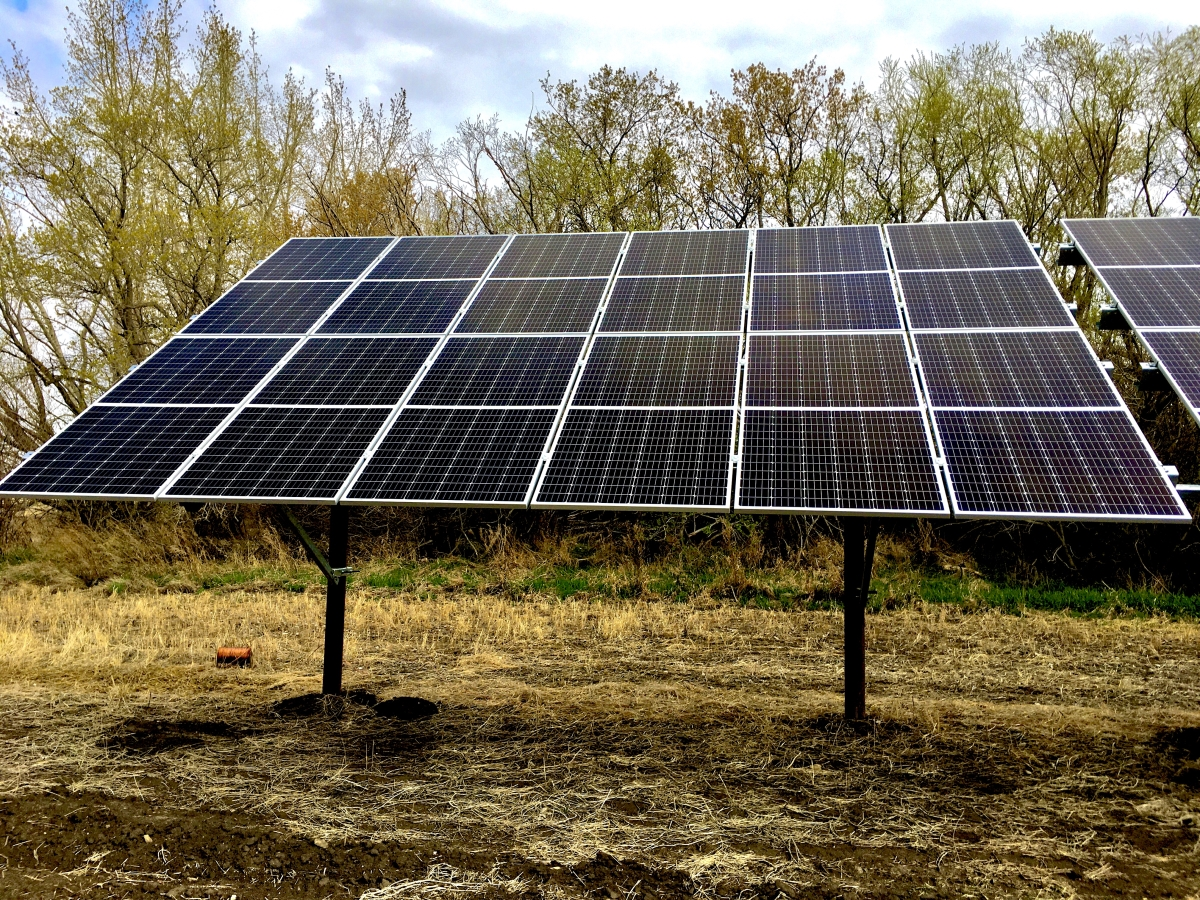
Maximizing the Benefits of Your Solar Panel Kit
1. Optimize Energy Consumption
To get the most out of your solar panel kit, optimize your energy consumption. Use energy-efficient appliances, switch to LED lighting, and manage your energy usage to align with the peak production times of your solar system. This will help you reduce your overall energy consumption and increase your savings.
2. Regular Maintenance
Ensure that your solar panels are regularly cleaned and inspected to maintain their efficiency. Dust, debris, and other contaminants can reduce the amount of sunlight that reaches the panels, decreasing their energy output. Regular maintenance will keep your system running at peak performance.
3. Monitor System Performance
Many solar panel kits come with monitoring systems that allow you to track the performance of your solar panels. Use these tools to keep an eye on energy production and identify any issues early. Monitoring your system helps ensure that you are getting the maximum benefit from your investment.
4. Take Advantage of Net Metering
Net metering allows you to receive credits for any excess energy your solar panels generate and feed back into the grid. This can further reduce your energy bills by offsetting the cost of the electricity you use from the grid. Check if net metering is available in your area and make sure to take full advantage of it.
5. Consider Upgrades
As technology advances, newer and more efficient solar panels and components become available. Consider upgrading your system if you find that newer technologies can offer better performance or additional savings. Staying updated with the latest innovations can help you maximize your energy savings.
Conclusion
Solar panel kits offer a practical and effective way to reduce energy bills and achieve energy independence. By investing in a solar panel system, you can protect yourself from rising energy costs, enjoy long-term savings, and contribute to environmental sustainability. When choosing a solar panel kit, consider factors such as system size, component quality, installation requirements, and battery storage options. By optimizing your system and taking advantage of local incentives, you can maximize the benefits of solar energy and enjoy a cleaner, more cost-effective energy future.
Contact us
- Email:[email protected]
- Tel: +86 13651638099
- Address: 333 Fengcun Road, Fengxian District, Shanghai
Get A Quote Now!
Read more
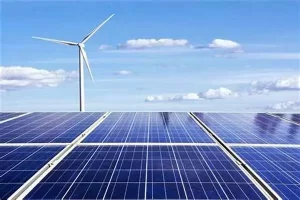
Unveiling Photovoltaic+Energy Storage: Four Major Application Scenarios Leading the Future of Energy
In this way, the energy landscape is evolving, and one of the most thrilling developments in renewables is the integration of photovoltaics energy storage.
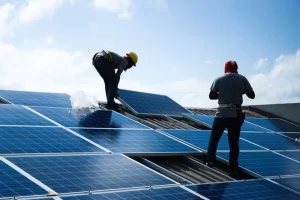
From Theory to Practice: Four Methods for Estimating Photovoltaic Power Generation
Photovoltaic power generation has become an essential part of modern energy solutions, particularly in home solar systems and distributed power applications
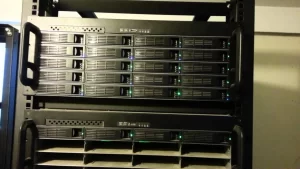
Rack-Mounted Lithium Iron Batteries: Creating Efficient and Reliable Energy Storage Solutions
When it comes to modern energy solutions, rack-mounted lithium iron batteries are taking center stage in a variety of industries. Whether you’re powering data centers, stabilizing energy for households, or keeping critical systems online at 5G base stations, these batteries have become the unsung heroes of our electrified world.
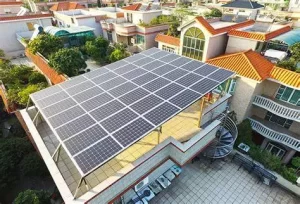
Late Night Energy Saving Tips: How to Maximize Electricity Savings During Off-Peak Hours
With rising energy costs, homeowners are increasingly exploring innovative ways to save on their electricity bills. One effective approach is utilizing off-peak hours—times when electricity rates are significantly lower due to reduced demand.
